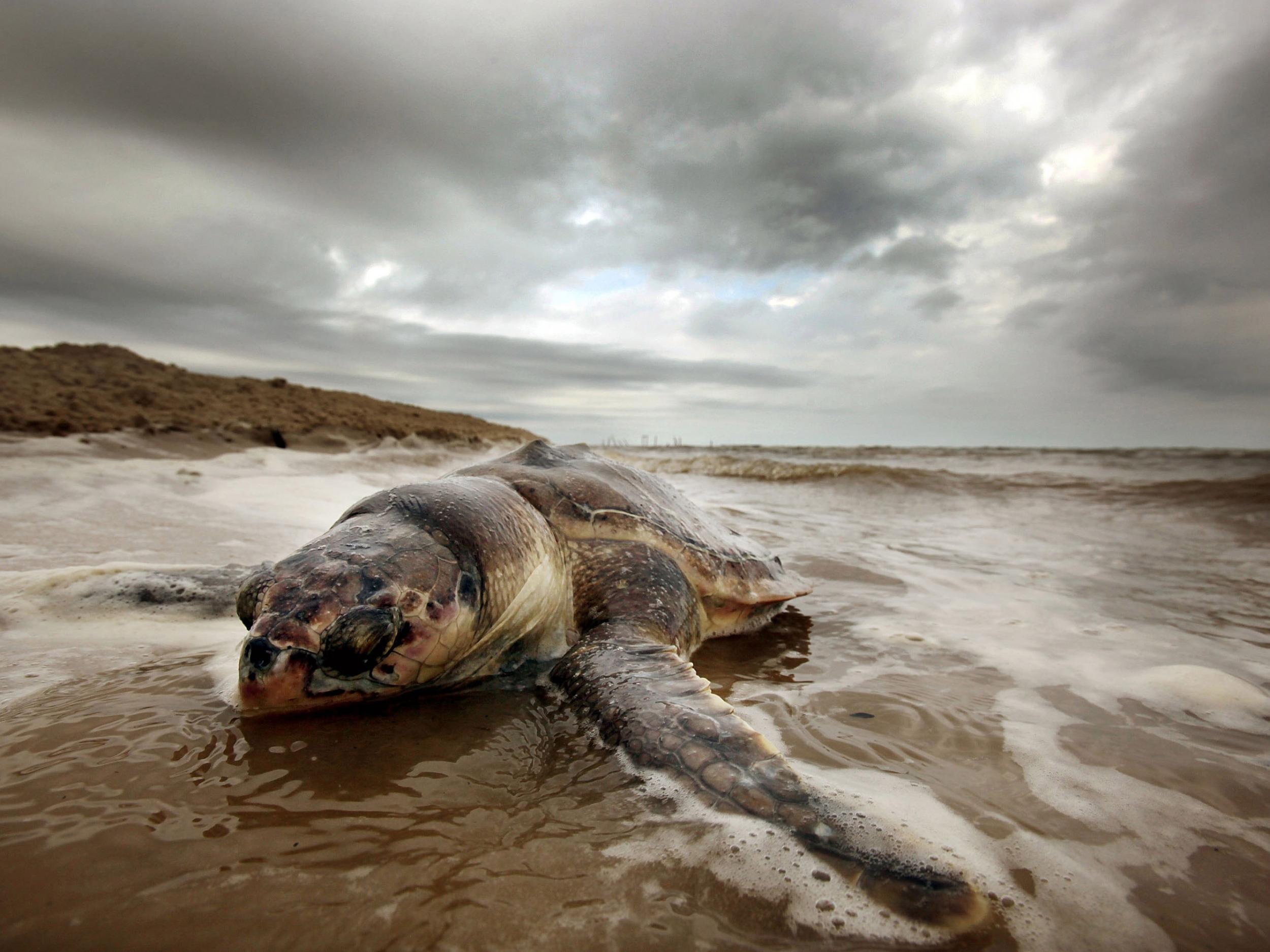Nature is dying, so what will it take for our leaders to do something about it?
Analysis: The warnings about environmental catastrophe could not be starker but, says Josh Gabbatiss, the government still isn’t putting its money where its mouth is


This year’s autumn Budget coincided with an alarming report that confirmed what many already suspected: nature is dying, and it’s our fault.
Animal populations are collapsing under the pressure humanity is piling on top of them, and nowhere is this more pronounced than in the UK. Ranking among the most nature-depleted countries in the world, we are losing our puffins and hedgehogs at astonishing rates as we destroy and contaminate their habitats.
It’s a story unmatched in horror expect perhaps by climate change, which the world’s top scientists have warned us we have about 12 years to curtail. In Britain this means rising sea levels that will see homes crashing into the waves and stretches of the coastline rendered uninhabitable.
These environmental disasters are surely the biggest problems facing us – both as a society and a species – but you wouldn’t know that hearing Philip Hammond’s budget plan. As the chancellor chortled his way through promises of money for potholes and income tax cuts, not once did the words “climate change” pass his lips.
I personally don’t think it should take stories of deadly heatwaves and houses falling off cliffs in Norfolk to convince people to care about the environment. But now those things are a reality, it begs the question: what will it take to push these topics to the top of the agenda? What will it take for the political rhetoric about the UK setting the environmental “gold standard” to match the reality?
When the Intergovernmental Panel on Climate Change released its report just three weeks ago, its authors called for “rapid, far-reaching and unprecedented changes in all aspects of society”.
I would suggest this means massive investment in anything and everything that stops CO2 billowing into the atmosphere. Electric vehicles, green energy, climate research – that kind of thing. Instead what we got was a pledge to step up spending on new roads and freeze fuel duty for the ninth consecutive year.
As for protecting British wildlife, we were treated to now-familiar musings about the scourge of plastic pollution and its impact on marine life. The chancellor pledged to tax some plastics, but wouldn’t go as far as introducing a charge on plastic drink cups. This kind of tepid response has no place in 2018. What we need is for these issues to be treated as the emergencies they are, and for this to be backed up with cash.
Maybe a few years ago this would not have seemed so important. The green stuff would have been left for the eco-warriors to worry about while the grownups concerned themselves with taxes and the economy. But now we know that animals dying and temperatures rising have both an economic cost and a human one. Nature provides us with services worth about £100 trillion, and when they’re gone, they’re gone. This is something that everyone needs to care about.
Ministers talk as if they know this, and the Budget red book describes the economy of the future as “low carbon and green”. Without sufficient action though, this hypothetical future is going to arrive too late, and there will be no nature left to save.
Join our commenting forum
Join thought-provoking conversations, follow other Independent readers and see their replies
Comments